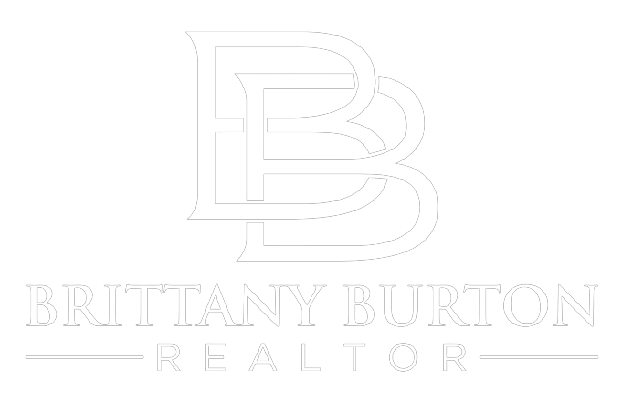For many individuals and families, owning a home is the dream of a lifetime. However, with rising real estate prices, some may find themselves looking for financing in excess of the conforming loan limit. In this instance, you would have to apply for a jumbo loan.
What is Jumbo Loan?
a jumbo loan in Pennsylvania A mortgage is a type of mortgage used to finance homes that exceed the conforming loan limit set by the Federal Housing Finance Agency (FHFA). Often, this type of loan is necessary for high-end, luxury homes or homes located in expensive housing markets.
If you are considering buying a home that requires financing in excess of the Conforming Loan Limit (CLL), you will need to apply for a jumbo loan, However, it is important to note that jumbo loans come with higher interest rates and stricter requirements than conventional loans due to the larger loan amount and the risk associated with them. For example, qualifying for a jumbo loan in Pennsylvania may require a larger down payment and higher credit score.
What is the jumbo loan limit in Pennsylvania?
In 2023, the conforming loan limit for a single-family home is $726,200 in most markets. However, in Pennsylvania counties where home prices are high, jumbo loan limits can be very high indeed.
- Most Pennsylvania counties have a $726,200 conforming loan limit.
- Pennsylvania’s more expensive counties have a $1,089,300 cap
As a reminder, the amount to be borrowed determines whether or not you’ll need a jumbo loan, not the price of the home you’re buying. So, if you have to reduce $100,000 on $780,000 home in monroe county, the mortgage would be $680,000, which is under the CLL for the area. In this case, your loan will not be considered as a jumbo loan.
The following counties in Pennsylvania have corresponding loan limits. Ahead $726,200 for 2023:
| County | FHFA Compliant Loan Limit |
| pike county | $1,089,300 |
This FHFA Map will give you more specific information regarding the conforming loan limit in your county.
What Are The Requirements For Jumbo Loans In Pennsylvania?
To qualify for a jumbo loan in Pennsylvania, borrowers must meet more stringent requirements than for a conforming loan. Each lender may have different requirements or processes, but below are the specific requirements for borrowers seeking jumbo loans.
High Credit Score: When it comes to securing a jumbo loan, the credit score requirements are generally more stringent than those of a traditional mortgage. While some lenders may accept lower scores, a credit score of at least 720 is generally required to qualify for a jumbo loan. It is important to have a strong credit profile and a solid financial history to increase your chances of getting approved for a jumbo loan.
Large Advance Payment: Jumbo loans usually require larger loans advanced payment Compared to conforming loans. While the exact amount varies depending on the finances of the lender and borrower, down payment requirements for jumbo loans can be as high as 20% or more. That said, some lenders may offer jumbo loans with down payments as low as 10%, provided the borrower meets certain credit and income requirements.
More Assets: Jumbo loan borrowers generally require more assets than traditional loan seekers. Lenders will review a borrower’s assets to make sure they have enough liquid assets or savings to cover at least one year of loan payments. This requirement is to mitigate the increased risk associated with the large loan amount.
Low debt-to-income ratio (DTI): Lenders See Borrowers DTI (debt-to-income ratio) Assessing their creditworthiness and spending habits. For conforming loans, a DTI of up to 50% may be acceptable to some lenders. However, jumbo loan borrowers require a lower DTI, ideally less than 43% and closer to 36%. This is because jumbo loans are risky for lenders because of the large loan amount. Borrowers with high DTIs may still qualify for jumbo loans, but they may result in higher interest rates or a stricter approval process.
Additional Home Appraisals: Your mortgage lender may need a second home appraisal For jumbo loans, to get a second opinion on the value of the property, apart from the standard appraisal. This is especially true in areas with limited comparable property sales. The second appraisal helps lenders ensure that they are providing funding for a property that is worth the loan amount or more.





